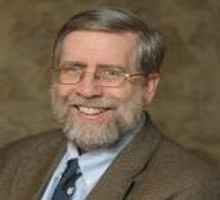


Yale University
Work in the Cognition and Development lab most broadly is concerned with questions of how children and adults construct causal interpretations of the world around them and how those interpretations compare to other ways of tracking information. This orientation leads naturally to questions of how adults and children cognitively reduce the enormous causal complexity of the world to more manageable forms and what distortions of that information occur as it is necessarily simplified.
Just as image processing software must engage in compressions of information to handle otherwise overwhelming storage and computation requirements, so also must humans construct coarse causal gists of a much more complex reality. We are interested in studying the nature of those gists and what they do and do not capture about real world causal relations. A related question concerns how we deal with gaps in our knowledge. To what extent do we recognize our own gaps and how do we construe and access knowledge in other minds when we need to fill in those gaps? These questions in turn lead to studies of how we evaluate alleged experts, explanations and arguments.
These questions are critically informed by taking a developmental perspective that explores how young children cognitively grasp the many levels and types of causal structure inherent in the world. We are especially interested in how early competencies form a foundation for later, more sophisticated, causal understandings. We also extensively consider the interplay between domain-specific and domain-general processes and structures, such as between the domains of folkbiology and folkphysics. More generally, all these issues bear on the topic of folk science, that is, how people naturally construct explanatory accounts of various domains of phenomena.
Talk Title: What are cognitively feasible goals for science education and what are the best ways to achieve those goals?
Date: March, 16th
Time: 17:30 – 18:30